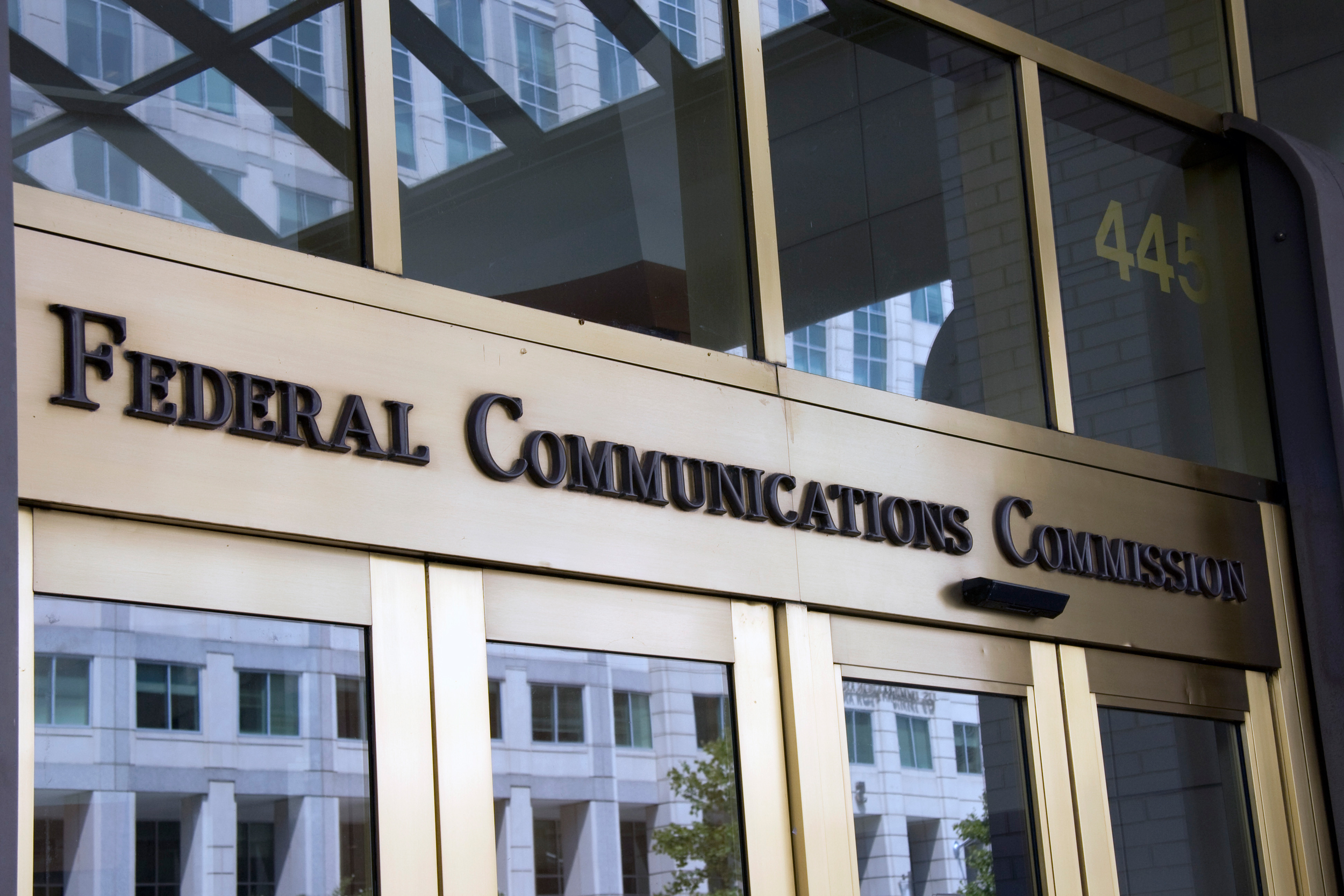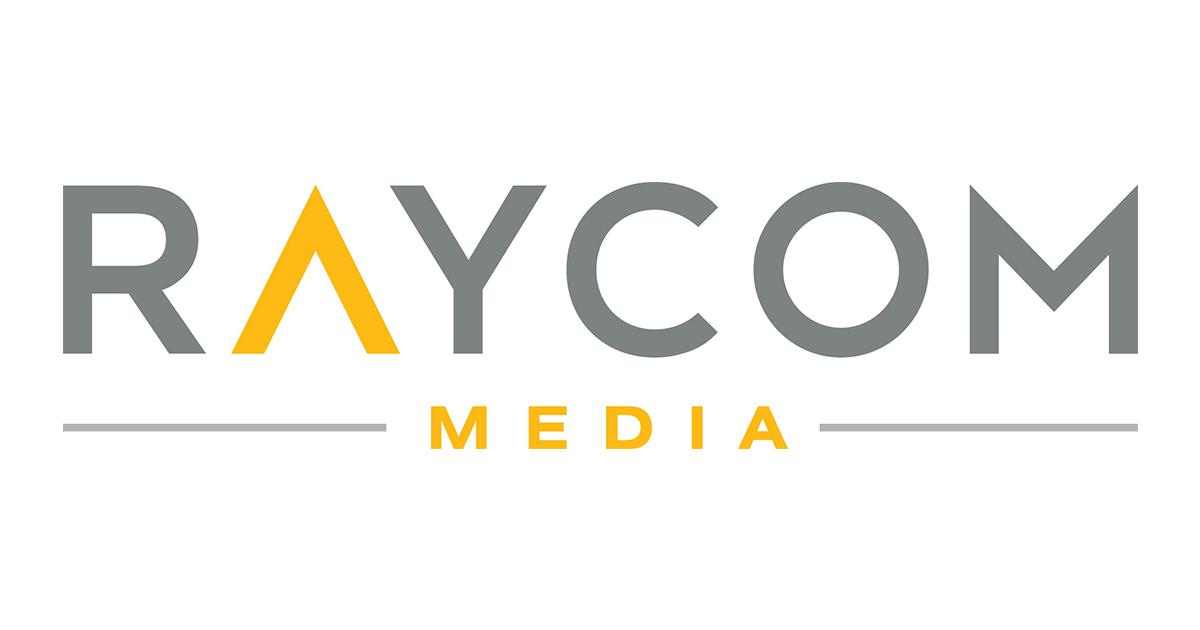FCC Grants Raycom, HITV Renewals

The smarter way to stay on top of broadcasting and cable industry. Sign up below
You are now subscribed
Your newsletter sign-up was successful
The FCC has granted the license renewals of Raycom's KHNL(TV) and KGMB (TV), both Honolulu, Hawaii, and HITV's KFVE (TV) Honolulu, denying a license challenge by Media Council Hawai’i and putting a final nail in the group's long-standing complaint that Raycom and HITV had run afoul of local ownership rules.

The issue had been that Raycom had traded affiliations with HITV's KFVE back in 2009 so that Raycom got the CBS affiliation for KGMB and KFVE became the MyNetWork TV affiliate.
That meant that after that affiliation switch, Raycom owned two of the top-four stations in a market, which violated the FCC duopoly rule prohibition on owning two of the top four stations at the time—it has since been changed to a presumption that such combos are not in the public interest, but it is a rebuttable presumption.
Related: DOJ is OK With Raycom-Gray Deal with Spin-offs
Media Counsel also said that affiliation swap had been "tantamount to an outright purchase." Media Council also said Raycom controlled KFVE as well as via sharing arrangements and should have to divest one of its two owned stations in Honolulu.
The FCC's Media Bureau at the time, in initially denying the complaint, pointed out that the FCC rules did not prevent affiliation switches that resulted in owning two of the top four. The Media Bureau this week pointed out that though that changed in 2016 to counting such affiliation switches, existing ones like that in Hawai'i was grandfathered. Thus, the earlier complaint was mooted by the fact that the rules at the time did not prevent it, and the more recent license challenge was denied in part because the combo was grandfathered and in part because other issues Media Council raised did not rise to the level of misrepresentation of lack of candor.
The FCC this week concluded in resolving Media Council's appeal of that earlier complaint and its newer challenge to the license renewals on the same grounds, that the Media Bureau had been right to deny the complaint in the first place and that there was also no reason to deny the license renewals.
The smarter way to stay on top of broadcasting and cable industry. Sign up below
"We affirm the Bureau’s determination that the duopoly rule did not bar the affiliation swap at issue here," said the FCC's Media Bureau. It also said Raycom's shared services agreements with KFVE following the affiliation swap also does not constitute de facto control in violation of duopoly rules.
The Media Council, in contesting the renewals, said Raycom and HITV had lacked candor in asserting that there were no character issues in pending station license applications when there was an outstanding issue with KFVE's application, that Raycom had falsely stated that Common Cause Hawai'i's executive director had expressed regret for supporting the Media Council petition, as well as an outstanding notice of apparent liability over public filing rule violations by HITV, and an HITV news sharing arrangement with Honolulu's only daily newspaper.
The bureau said that there was no pattern of abuse in the public file violations, which it called "not serious," that calls into question the station's public service, that failing to note the character issues pending with KFVE and the characterization of the Common Cause exec's comments was "simple miscommunication," rather than deceptive intent.
As to the news sharing agreement and the content of the news that Media Council criticized, the FCC could have been addressing the issues raised by Sinclair-Tribune deal critics about the conservative slant of Sinclair news.
"As for the Stations’ choice of programming, the Commission is prohibited by the First Amendment to the United States Constitution and Section 326 of the Act from censoring programs or from interfering with freedom of expression in broadcasting," the Bureau said. "The choice of what is or is not to be covered in the presentation of broadcast news is a matter committed to the licensee’s good faith discretion, and it is “well-settled law that the Commission does not substitute its own editorial judgment for that of a licensee. Those seeking to demonstrate that a licensee has abused its editorial discretion carry a heavy burden," it said, a burden not met in the case of Raycom and HITV.
Contributing editor John Eggerton has been an editor and/or writer on media regulation, legislation and policy for over four decades, including covering the FCC, FTC, Congress, the major media trade associations, and the federal courts. In addition to Multichannel News and Broadcasting + Cable, his work has appeared in Radio World, TV Technology, TV Fax, This Week in Consumer Electronics, Variety and the Encyclopedia Britannica.

